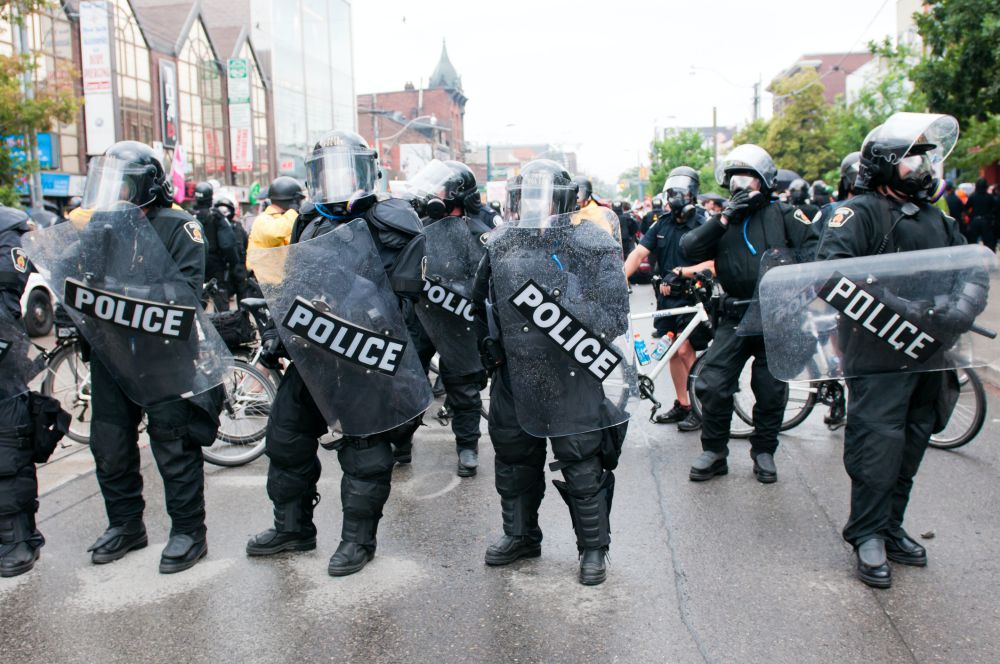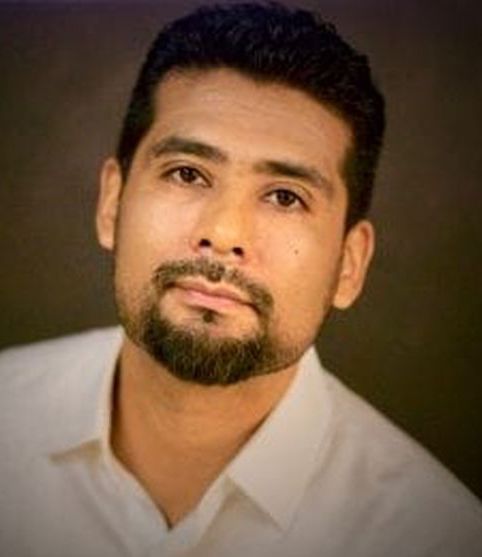
Changing the Beat

The nationwide protests following the killing of George Floyd by police in Minneapolis laid bare the need to reconsider the way law enforcement officers interact with the public.
Victor Rios knows this all too well. A UC Santa Barbara associate dean of social science and a professor of sociology, he has both lived through and deeply studied the ways police treat people of color.
“I’m very familiar with how police affect the lives of kids of color,” he said.
Rios will bring that experience to “What’s Next: Policing in Crisis,” a virtual forum sponsored by the National Institute of Social Sciences Thursday, July 23, from 1 to 2:30 p.m. The event is free and open to the public, though registration is required.
Joining Rios on the panel are Tracey Meares of Yale Law School, a nationally recognized expert on policing in urban communities, and Emily Owens, who is a professor in the Department of Criminology, Law and Society at UC Irvine.
The author of two books on policing and Black and Latino youths, Rios said any reforms to law enforcement in this country must begin with changing the culture inside police departments. Individual officers, he said, may enter the field wanting to be a positive force in their communities, but are co-opted by a toxic environment.
“Most officers,” he said, “could be well-intentioned, well-meaning, but it’s that culture and system that they come from that allows for them to have those opportunities to perpetuate brutality and violence on these young people. And sometimes they don’t even realize they’re doing it. It’s almost standard procedure. This is what’s supposed to happen. This is how they get trained.”
The culture of policing, he said, trains officers that minorities, men of color in particular, are a threat. That begets what’s often called a “warrior” mentality that demands they always be ready to defend themselves.
“And this is where you see the harassment, violence and eventually the killings that take place,” Rios said. “We need to go from a warrior mentality to a peacekeeper mentality.”
As a kid growing up on the rough streets of Oakland and, later, a researcher who spent years with minority youths, watching them grow up as they are being policed and punished, his work is grounded in the daily lives of the people most affected by police brutality.
“That’s what I bring to the table in terms of the conversation,” Rios said of participating in the virtual forum. “So I’ll be bringing up these very specific points about what happens in the day-to-day interaction process, what goes wrong. And again, it’s not just about one bad apple or a few bad apples — it’s about an entire culture that needs to be transformed and changed.”



